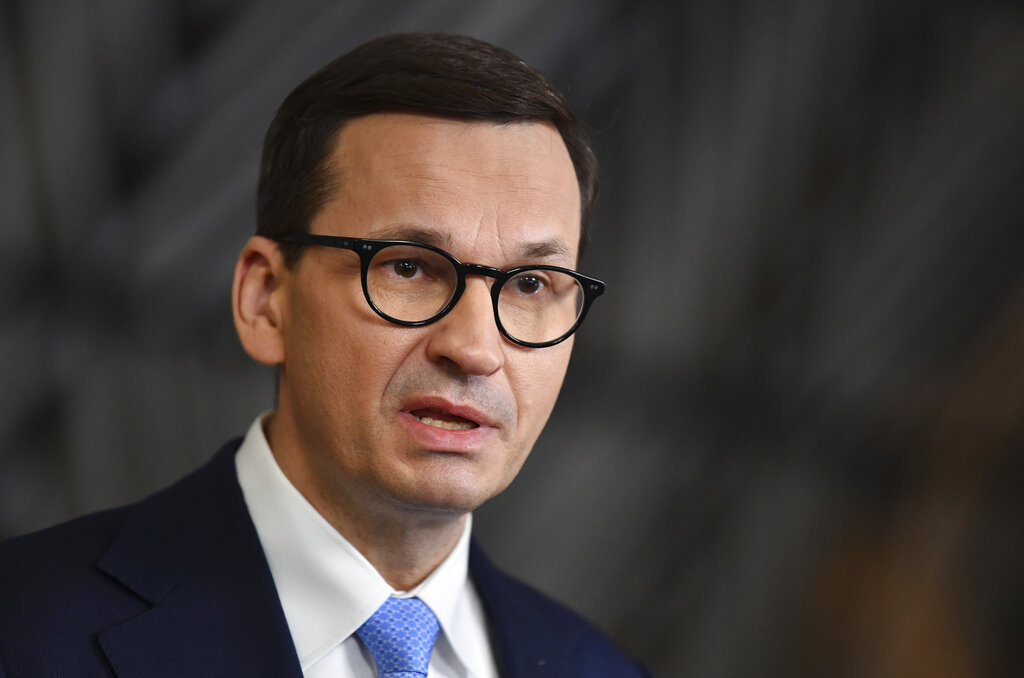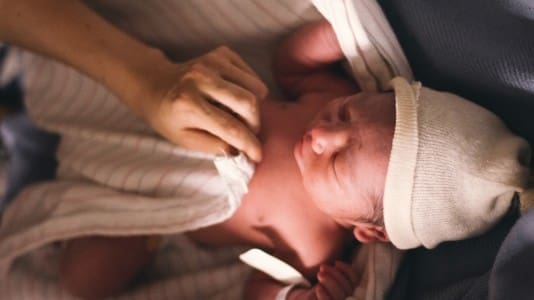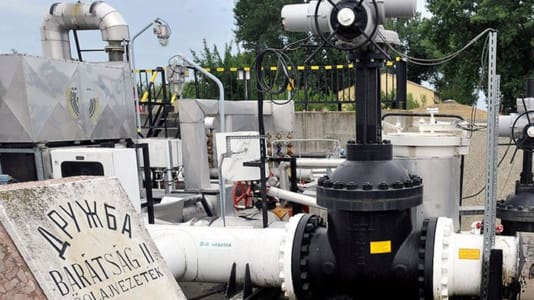Polish Prime Minister Mateusz Morawiecki says Poland will get funding from the EU Recovery Fund and that it will file the first submission for the funds in October or November.
Morawiecki was responding to fears that the European Commission will block funding for Poland’s operational program from the EU Recovery Fund. These fears have arisen following an interview given to a Polish newspaper by European Commission President Ursula von der Leyen, who claimed that Poland has not realized the agreed upon milestones for resolving the rule-of-law dispute with Brussels.
Morawiecki, speaking at a conference on the outskirts of Warsaw, said that EU funding should be seen in a far wider context since EU budget funding provides the lion share of funding from the EU for Poland via direct payments for farmers, as well as structural and cohesion funds.
[pp id=38519]
But he acknowledged that Poland needed the funds from the EU Recovery Fund and assured his audience that these would sooner or later be available.
Poland is due to receive around €150 billion in funding from the EU in the current EU budget period. The EU Recovery Fund accounts for just over one-fifth of that funding, around €35 billion.
The Polish prime minister refused to admit Poland could lose any EU funding. He categorically stated that “Poland will not lose any money” and that getting the funds was only a question of time. The first application for the payment of the funds from the operational program would be made at the turn of October and November. All that was needed, he claimed, was the working out of “the appropriate mechanisms with the EU.”
Morawiecki added that Poland was already starting some of the projects envisaged in the EU Recovery Fund operational program with its own co-financing.
The European Commission approved Poland’s operational program in June of this year. The approval was conditional on Poland realizing agreed upon milestones on judicial independence. The Polish government had expected that the passing of legislation dissolving the Disciplinary Chamber of the Supreme Court would be enough to unlock the funding, but recently von der Leyen has said that this would not be enough.
In her opinion, it did not guarantee judges the freedom to question the status of other judges without possible disciplinary sanctions and had not implemented the European Court of Justice verdict on lifting suspensions on judges made by the Disciplinary Chamber, which has now been dissolved.
Morawiecki has been heavily criticized within the ruling bloc for the fact that his government did not block the conditionality mechanism tying the payment of EU funds to rule-of-law compliance. Although Hungary and Poland claimed victory in 2020 after agreeing to change the conditionality mechanism, it is now clear that the EU wrangled both countries to drop their defenses, a move Brussels has relentlessly exposed.
But he has also been criticized for agreeing to the milestones asked for by the European Commission and for the fact Poland will have to share in the financing of the EU Recovery Fund even if it does not benefit from it.






